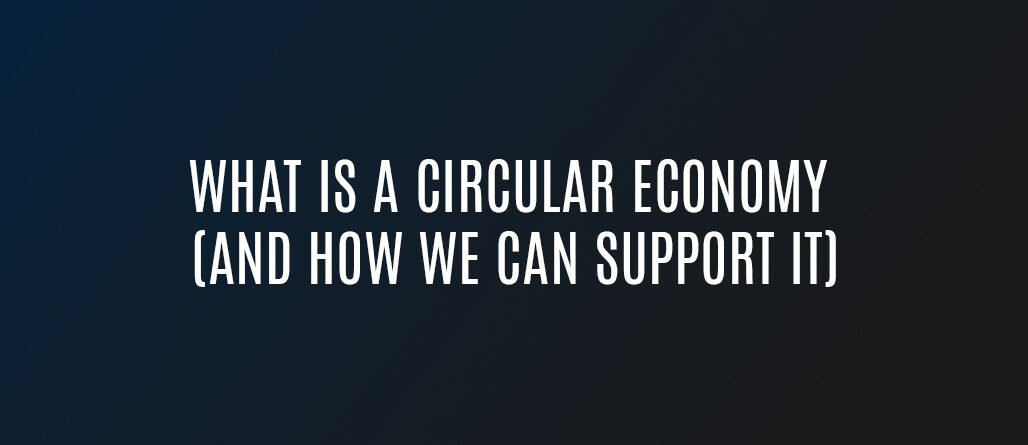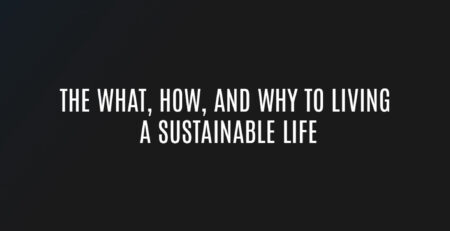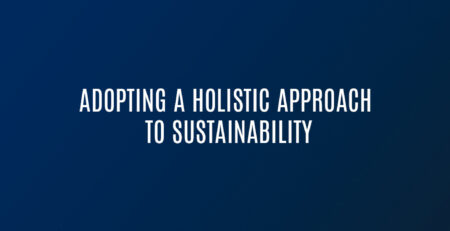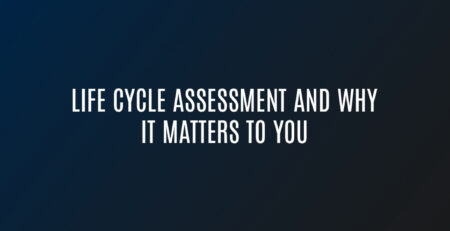What is a Circular Economy (And How We Can Support it)
If you’ve ever researched how to live a zero-waste life, you may have already heard of a “circular economy.” A circular economy aims to close the loop between the production of a good and the disposal of a good. It aims to not only conserve resources in the production of goods but also prioritizes keeping goods passing back and forth from person to person and person to producer to be recycled and reused.
An example of a circular economy is when a restaurant provides to-go food served in glassware and issues a refund when the glassware is returned. The ultimate goal of a circular economy is to minimize what ends up in landfills. In 2018, 146.1 million tons of waste ended up in landfills all over the world. The majority of that waste was food and the second highest was paper. Both food and paper are easily kept in the loop by way of composting and recycling. There are various ways for different goods to continue supporting a circular economy, and compost is no exception. When something gets composted, it returns to the soil and adds vital nutrients that help more plants grow. This is necessary because plants take nutrients from the soil and therefore, the soil needs to be revamped for future growing endeavors.
That all being said, how can we as consumers support a circular economy? For starters, recycling is the simplest way to do this, particularly if your city has an effective system for recycling. However, if government recycling is not an option, reusing the packaging of what you buy is even better!
Glass bottles and high-quality plastic bottles can be reused for anything, from holding homemade bathroom products to storing anything from the bulk section of the grocery store. Lastly, what’s everyone’s favorite way to support a circular economy? Thrift shopping! Thrift shops themselves are little circular economies, and so are restaurants that grow their own food and use the leftovers for compost.
If you’re looking for a little challenge, growing your own food at home and keeping a small compost bin is a perfect way to keep a closed food loop system in your own home. It doesn’t get more sustainable than that!
In conclusion, if you’re looking to live a sustainable life, look no further than the idea of a cycle of goods that never leave the economy.








